Q&A: Yang Inspires Young Readers
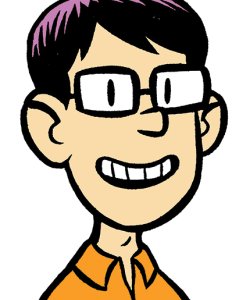
The national ambassador for young people’s literature encourages children and young adults to read books from unfamiliar genres and cultures through his new Reading Without Walls program.
Jump to navigation Skip to content
Articles from Poet & Writers Magazine include material from the print edition plus exclusive online-only material.

The national ambassador for young people’s literature encourages children and young adults to read books from unfamiliar genres and cultures through his new Reading Without Walls program.
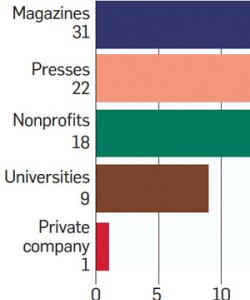
As part of a continuing series, we offer a breakdown of the numbers behind our Grants & Awards listings in our March/April 2017 issue.

A children’s book author reports from the second annual Color of Children’s Literature Conference, where she finds myriad professional resources and an inspiring community working to publish more children’s books by and about people of color.

A poet and novelist investigates the “bloody” work of rummaging for parts of real-life people in order to create stronger characters in fiction.
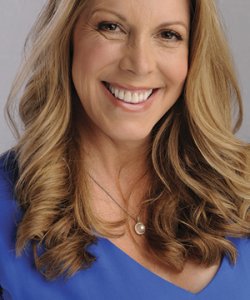
Lucetta Zaytoun discusses the process of self-publishing her debut memoir, It’s Already Tomorrow Here. A publicist and a publishing consultant offer their advice on design, distribution, and long-term marketing strategies to the author.

A poet explains how allowing ourselves to write badly is not only generative, but can also break the habit of self-censorship and can lead to our best work.

A writer considers the art, discomfort, and necessity of self-promotion, as well as its evolution in the digital age.

Our annual look at the most exciting first books of poetry published in 2016, including Night Sky With Exit Wounds by Ocean Vuong and nine others.
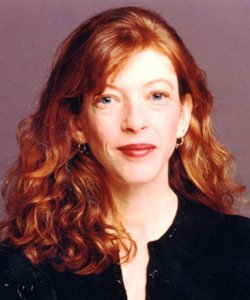
The New Yorker staff writer and bestselling author of The Orchid Thief talks with musician Ben Arthur about her music, inspiration, distraction, adaptation, and her new book about the Los Angeles Public Library fire in 1986.
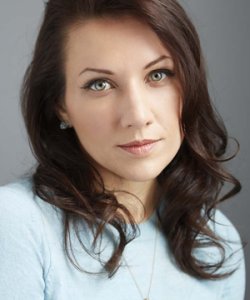
Writing about trauma is sometimes called “navel-gazing,” particularly for women writers. An essayist and memoirist confronts this stigma, and calls on writers to explore their personal traumas and truths.

Anna Gosh answers readers’ questions—from why poetry agents are seemingly nonexistent to whether or not it is possible to be “too young to write.”
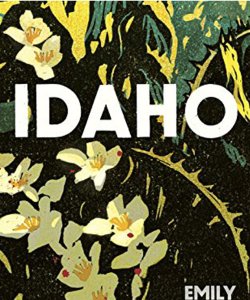
With so many good books being published every month, some literary titles worth exploring can get lost in the stacks. Page One highlights the first lines of a dozen recently released books, including Roxane Gay’s Difficult Women and Kevin Wilson’s Perfect Little World, offering a glimpse into the worlds of these new and noteworthy titles.
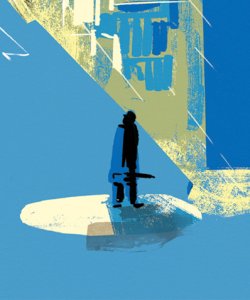
A writer recalls his family’s history of depression as well as his own, and explores how writing through the darkest periods can serve as inspiration.
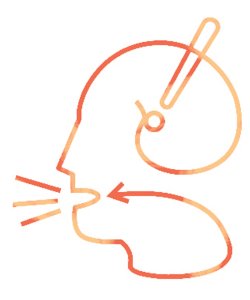
Small Press Points highlights the innovation and can-do spirit of independent presses. This issue features Los Angeles–based Phoneme Media, which publishes poetry in translation, with a focus on books from lesser-known countries and those written in uncommon languages like Isthmus Zapotec and Uyghur.

The Louisville Story Program, a nonprofit dedicated to publishing unheard voices in Louisville, Kentucky, focuses on book projects in which community members tell their stories. Their latest project, We Can Hear You Just Fine: Clarifications From the Kentucky School for the Blind, features essays from seven visually impaired teenagers.

“The M Word: Muslim Americans Take the Mic,” a new series of readings and events from PEN America, aims to give voice to Muslim American writers and advance the conversation about the challenges that Muslims face today.

A new literary trend is gaining traction across the country: Silent Book Clubs, parties in which a group of people gather at a bar, library, or private home to read together silently.
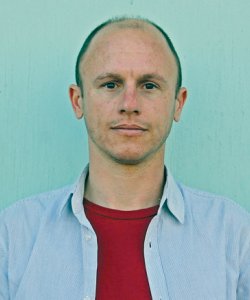
Literary MagNet highlights an author alongside the journals that have published that author’s work. This issue’s MagNet features Aaron Gilbreath, who takes us through five journals that first published essays appearing in his debut essay collection, Everything We Don’t Know (Curbside Splendor).
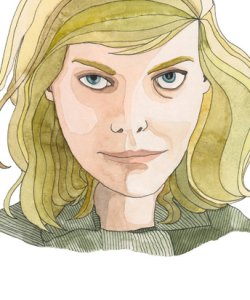
Novelist Catherine Lacey’s latest book, The Art of the Affair: An Illustrated History of Love, Sex, and Artistic Influence, maps romantic entanglements, collaborations, and friendships between famous writers and artists, and features original artwork by Forsyth Harmon.

Carla Hayden, the nation’s new Librarian of Congress, talks about her role and what she hopes to achieve during her tenure. Hayden is the first woman, and the first African American, to hold the position.

Novelist Elizabeth Nunez discusses the historical and contemporary challenges that Black writers face in the publishing industry, and urges publishers to address those challenges by publishing more diverse authors.
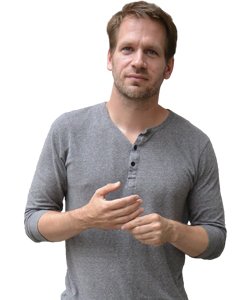
John Freeman, founder and editor of the new biannual Freeman’s, discusses his goals for the journal, including durability, an international focus, expansive themes, and superlative storytelling.

At community writing centers across the country, new workshop models offer sustained support for writers undertaking book-length projects, including novels and memoirs, satisfying a demand left unmet by MFA programs and shorter-term writing courses.

Literary MagNet highlights an author alongside the journals that have published that author’s work. This issue’s MagNet features poet Paisley Rekdal, who takes us through five journals that first published poems appearing in her forthcoming collection, Imaginary Vessels.